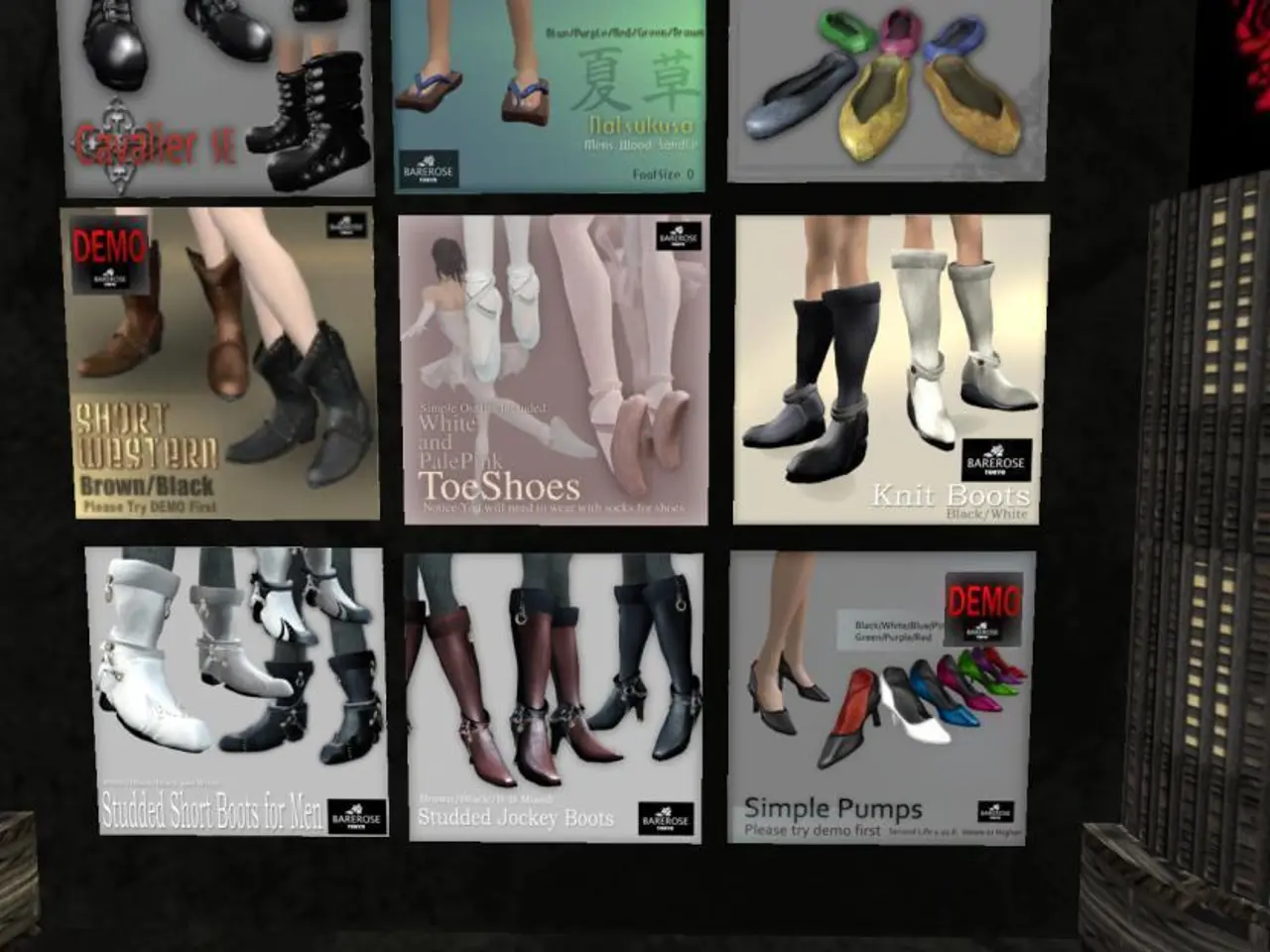Trump eliminates tariff exemption on Chinese imports, resulting in higher prices for online purchases originating from China.
On the Scraps of an Old Rule: The Crackdown on Cheap Chic and its Implications
The Trump administration's recent axing of a shopping loophole has sent ripples through the U.S. market. This move has shut down a trickle of budget-friendly goods coming from China, leaving consumers, online retailers, and domestic manufacturers grappling with the aftermath.
The Granite-Dusted Goods: A Farewell to Affordable Shopping
- Digging Deeper into Pocketbooks: With the elimination of the de minimis rule, goods once skirted the tariff and extra red tape, now faced with duties and additional fees. This development may burden American shoppers with exorbitant costs, leading to altered purchasing patterns. For items delivered via the Universal Postal Union, consumers will likely face a 120% tax on the item's value or a $100 fee per package[3][4].
- Sayonara to Bargain Bliss: The prices for cheap imports from China and Hong Kong could rise, taking a bite out of Americans' wallets and the allure of online shopping[2][5].
eBay Bosses to Amazon Rivals: A Dilemma for Digital Merchants
- Chaos in the Clouds: The policy's implementation has the potential to create logistical mayhem for online retailers, particularly those adopting the direct-to-consumer model, such as Temu and Shein[5].
- The Hunger Games of Retail: To remain relevant, online retailers might rethink their pricing strategies or explore alternate supply chains to retain their competitive edge in the U.S. market[5].
Buy American: A Silver Lining for Local Manufacturers
- Domestic Powerplay: The demise of the de minimis rule opens the door for U.S. manufacturers to reclaim market territory, encouraging local manufacturing to reduce dependence on low-cost imports[5].
- Trump Card for Domestics: The increased tariffs and duties could sway companies to shift production from China to the U.S. or more favorable trade partners, benefiting domestic manufacturing[5].
In essence, the termination of the de minimis exemption signals a profound shift in U.S. trade policy, with a focus on promoting local industries and weaning supply chains away from China. This move heralds a new era in the American marketplace, a battlefield where affordability, competition, and domestic strength collide.
The abrupt change in trade policy, triggered by the elimination of the de minimis rule, might result in an escalation of the costs for American shoppers, compelling them to reassess their purchasing habits. The implementation of this policy could lead to logistical challenges for online retailers, particularly those relying on direct-to-consumer models, prompting them to reassess their strategies or seek alternative supply chains.








